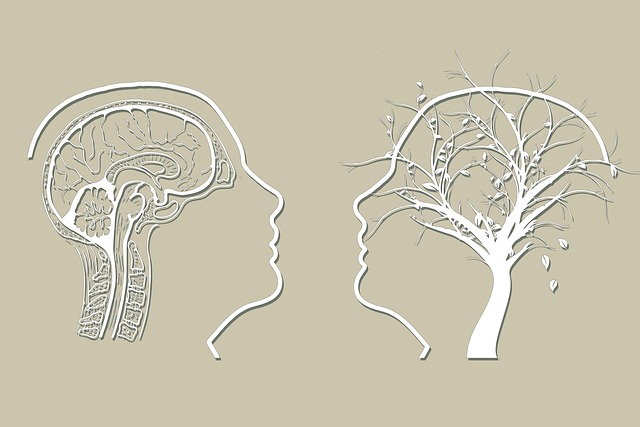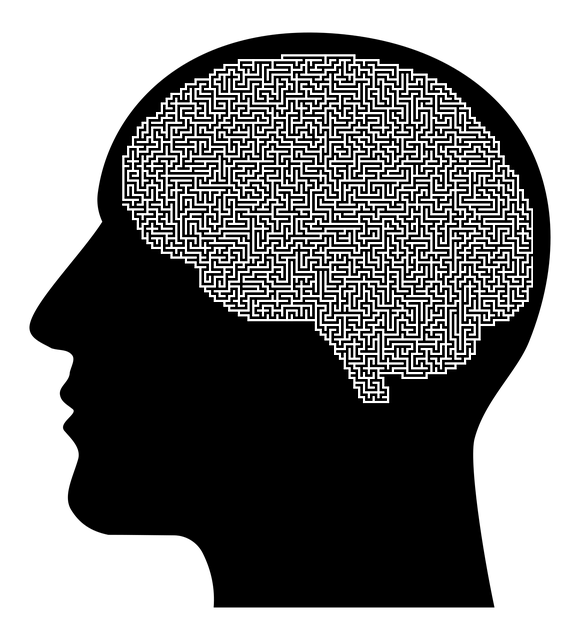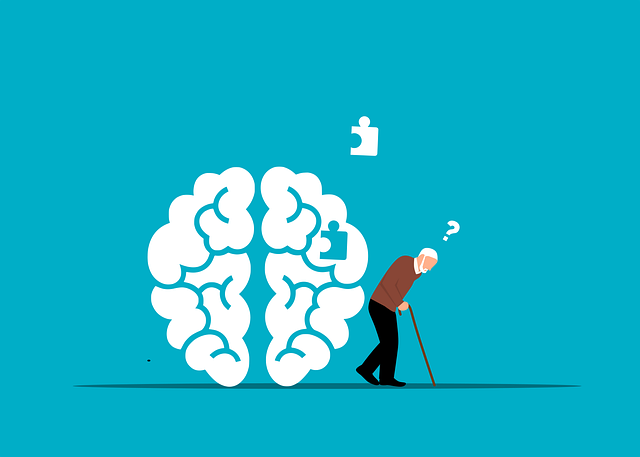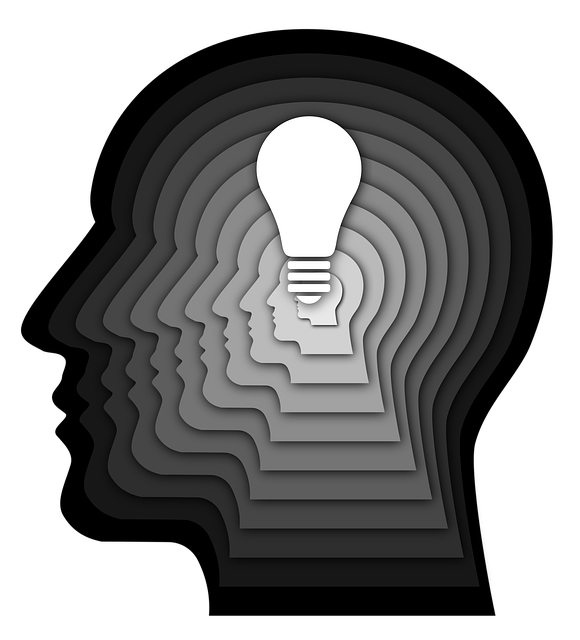Emotion regulation techniques, a cornerstone of emotional intelligence, are vital for improving well-being and relationships. Through methods like Boulder Sexual Addiction Therapy (BSAT), individuals learn to recognize, accept, and control their emotions, making informed decisions instead of reacting impulsively. BSAT's holistic approach, integrating mindfulness, cognitive reframing, and crisis intervention, helps clients manage intense emotions, identify triggers, and develop healthy coping mechanisms. By fostering resilience, individuals view challenges as growth opportunities, leading to balanced, fulfilling lives. This approach, combined with community outreach and mental wellness coaching, empowers people to navigate life's stresses, ultimately building stronger communities.
Emotion regulation techniques are essential tools for navigating life’s challenges and enhancing overall well-being. This article explores the profound impact of emotional intelligence, providing a comprehensive guide to understanding and managing emotions effectively. We delve into practical strategies suitable for daily integration, offering a step-by-step approach to foster resilience. Furthermore, we highlight the Boulder Sexual Addiction Therapy (BSAT) method, showcasing its innovative application in therapy. BSAT’s holistic approach to emotion regulation has revolutionized support systems for individuals seeking personal growth and healing.
- Understanding Emotion Regulation: Unlocking the Basics of Emotional Intelligence
- Teaching Effective Strategies: Practical Tools for Daily Life
- Integrating in Therapy: The Boulder Sexual Addiction Therapy Approach
Understanding Emotion Regulation: Unlocking the Basics of Emotional Intelligence

Emotion regulation is a vital skill that falls under the umbrella of emotional intelligence, which has gained significant attention in recent years, especially in fields like Boulder Sexual Addiction Therapy. Understanding and managing emotions effectively can significantly enhance one’s overall well-being and relationships. It involves recognizing and accepting emotions as they are while also learning to control their intensity and expression. This process empowers individuals to make thoughtful decisions rather than reacting impulsively.
Emotional intelligence encompasses various techniques, such as mindfulness practices, cognitive reframing, and emotional awareness exercises. By teaching these skills, especially through community outreach programs like mental health policy analysis and advocacy initiatives, individuals can develop a deeper understanding of their emotions and those of others. Furthermore, integrating mental wellness coaching programs in schools or workplaces can equip people with practical tools to navigate life’s challenges and build resilience, thereby fostering healthier communities.
Teaching Effective Strategies: Practical Tools for Daily Life

Teaching effective emotion regulation techniques is a powerful tool that empowers individuals to navigate their emotional landscape with greater ease and understanding. In today’s fast-paced world, where stress and uncertainty often prevail, these strategies become indispensable practical tools for daily life. Through Boulder Sexual Addiction Therapy, therapists can guide clients towards developing a robust self-care routine, fostering resilience, and enhancing overall mental health.
By integrating crisis intervention guidance into their teaching, professionals can equip individuals with the skills to manage intense emotions during challenging times. This includes learning to identify triggers, practicing mindfulness techniques, and employing healthy coping mechanisms. Resilience building is another key aspect, encouraging clients to view setbacks as opportunities for growth and self-improvement, ultimately leading to a more balanced and fulfilling life.
Integrating in Therapy: The Boulder Sexual Addiction Therapy Approach

The Boulder Sexual Addiction Therapy (BSAT) approach integrates effective emotion regulation techniques teaching into its core practice. This therapy model recognizes that sexual addiction often stems from underlying emotional issues and trauma, requiring a holistic treatment approach. BSAT facilitates emotional healing processes by helping individuals understand their behaviors as coping skills developed in response to unmet needs or past traumas. Through this process, clients gain insights into their triggers and learn healthier ways to manage their emotions, leading to significant improvements in their mental health.
In the BSAT framework, Mental Health Education Programs Design play a pivotal role in empowering individuals with coping skills development. By educating patients on the connection between emotions and behaviors, therapy sessions enable them to recognize and challenge unhealthy patterns. This proactive approach not only aids in overcoming sexual addiction but also equips individuals with essential life skills for maintaining emotional balance and enhancing overall well-being.
Emotion regulation techniques, as explored through the lens of the Boulder Sexual Addiction Therapy approach, offer a powerful set of tools for enhancing emotional intelligence. By understanding the basics and implementing practical strategies, individuals can gain better control over their emotions, leading to improved well-being and relationships. These techniques not only support personal growth but also prove invaluable in various therapeutic settings. With dedication and practice, anyone can unlock the potential for healthier emotional responses, fostering a more balanced and fulfilling life.














